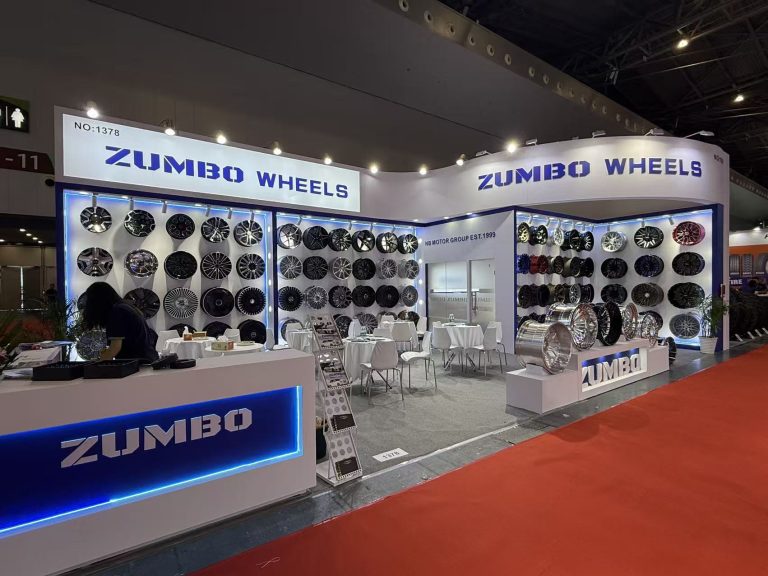The density of aluminum alloy is much smaller than that of steel, so the weight of aluminum alloy wheels is usually only 1/3 of that of steel wheels. In this way, the weight of a single wheel of a family car is about 2kg lighter, and the weight of the four wheels of the whole vehicle can be reduced by 8kg. Although this is only a small number compared to the weight of the whole vehicle, you can feel the difference by changing the tires yourself, and it is easier to drive the engine.
Aluminum alloy wheels have high hardness and insufficient toughness. This is actually a double-edged sword, with both advantages and disadvantages. The advantage is that there is almost no problem of out-of-roundness, so driving will not be bumpy, and the stability will be much better, especially when the car is driving at high speed. But the disadvantage is that the energy absorption effect of impact force is worse than that of steel wheels, and it is easy to leave irreparable marks after being scratched or collided by curbs, stones, etc. On the contrary, fatigue fracture problems will occur. All the car accidents we have heard of due to wheel fractures basically occurred on aluminum alloy wheels.





















